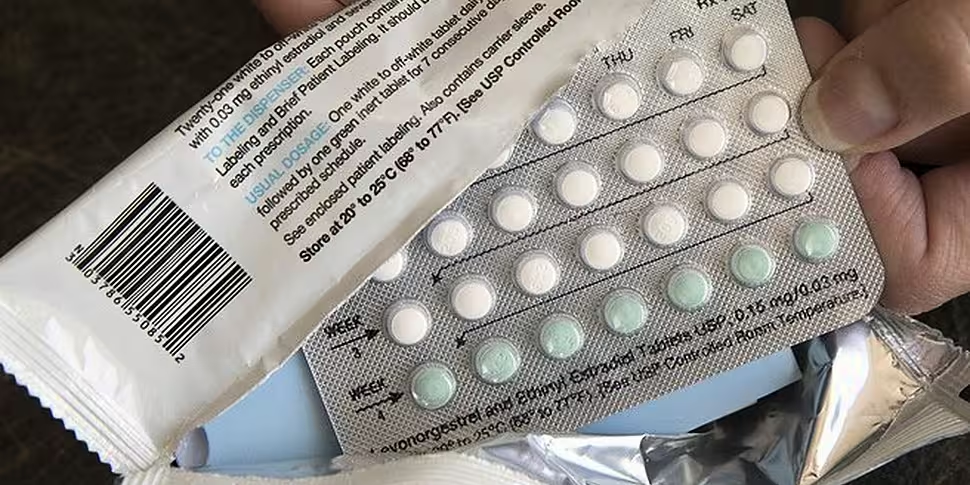Women who take the contraceptive pill are more likely to be treated for depression, according to a large study.
New research from Denmark finds that women on the combined contraceptive pill are 23% more likely to be prescribed antidepressants, most commonly in the first six months after starting on the pill. Women on the progestin-only pills were 34% more likely to take anti-depressants or get a first diagnosis of depression than those not on hormonal contraception.
The study, published in the Journal of the American Medical Association (JAMA) Psychiatry found that this also applied to those with implants, patches and intrauterine devices.,
The researchers, Øjvind Lidegaard of the University of Copenhagen and colleagues, point out that women are twice as likely to suffer from depression in their lifetime as men, though rates are equal before puberty. The fluctuating levels of the two female sex hormones, oestrogen and progesterone, have been implicated. Studies have suggested raised progesterone levels in particular may lower mood.
The impact of low-dose hormonal contraception on mood and possibly depression has not been fully studied, the authors say. They used registry data in Denmark on more than a million women and adolescent girls aged between 15 and 34. They were followed up from 2000 until 2013 with an average follow-up of 6.4 years.
The authors call for more studies to investigate this possible side-effect of the pill. Other scientists said the research should not put women off using hormonal contraception.
"The study does not prove [and does not claim] that the pill plays any role in the development of depression. However, we know hormones play a hugely important role in regulating human behaviour," Dr Channa Jayasena, a clinical senior lecturer in reproductive endocrinology at Imperial College London, said.









